Editor’s note: All images featured in this chapter are taken from Dutch historical sources.
Out in the World
When I was 17 years old I left the institution with two other boys, one also a typesetter and the other a pressman by trade. We went to the same print shop in a city of the province of Groningen. There had been a strike and we were taking the place of the strikers. When I left Neerbosch, my attitude and feeling was not very good for when we departed I should have been filled with gratitude toward God for having provided for me to come daily under the influence and precepts of His Word, and at times I felt that I should definitely turn to Him and yield myself completely to Him, but instead of being grateful when I left the home behind me, turning around, I said, I will never come back. Bitterness against the institution had entered my soul. The reason for it was that I was whipped unmercifully by the smith’s boss. It was this way. Every Thursday morning the man that was an officer in the army would go to town to take instruction to become a catechism teacher. In his stead the smith’s boss would take his place to watch the boys when they would go to bed. It was the custom of the erstwhile officers to stay long enough till the boys were gone to sleep, with the exception of a few that were reading a book, which we were allowed to do. But the smith’s boss would leave too soon and then the boys naturally would make a lot of fun and noise. A certain evening all of a sudden back he came and whipped several of us unmercifully with a green stick cut for the occasion. I got an extra dose of his fury, for my back was raw, blood ran out of my legs and arms and even the m any blows on my head made it impossible for me to wear my cap the next day. He had knocked, so to speak, the devil into me. That’s why I was filled with the bitterness and did not want to ever return even to visit the home. So I felt at this time.
When we came to our destination, two of us found a boarding place with some God-fearing people. They belonged to them that had left the State Church with the famous Dr. Abraham Kuyper in 1886. They too knew of the injustice they received at the hands of those that caused this departure. As I said, they were good Christian people, but I never felt at home with them. I thought they were too strict, I had too much of the old leaven in me, prejudice that I got when I was still very young. Therefore I went my own way to the State Church instead of going with them to their church. There was a rather orthodox minister where I went and I enjoyed him more or less. Although I also went to his catechism class he never had a heart to heart talk with me. I “stood alone in the world” and my spiritual life did not flourish. At times I would go to the other church, they seem to have preachers that were filled with zeal for their Lord and during that time I was convinced they were preaching the real thing.
When we started to work in this town we received six guilders a week. I had to pay 4.25 guilders for board so I had left 1.75 to keep myself in clothes, etc. We began at 6:30 in the morning and stayed until the daily paper was out around 7:45 in the evening. The first few days and weeks we were not able to work as fast as others. We were not drilled for it and at that time we had to work on a weekly or on a book. After a while however, the foreman took me for the paper. I did my best to speed up. On Saturday – we worked until 6:00 in the evening – we always had to set type in advance for the Monday paper and a certain amount was figured for each composition. There were a couple of other men that were nervous and not able to get their quota and therefore we that could set faster would always make up for them. That’s how I was transferred to the daily paper. The employer took note of it, but did not raise my wages, nay not even a quarter a week. When I attended his church once in a while, I hated to see him take a seat in the elder’s bench. He was tight, but the people of the Reformed Church were in general very faithful in supporting anything they (as a church) undertook. That included the complete maintenance of their church, lower instruction for their children and higher education or their sons and daughters. They also took good care of their poor, whereas the rich State Church neglected this needy members practically altogether. Notwithstanding I knew and saw this, I stuck to that church until I left it, never to return. While I was here in this city I took up a little more instruction in the Holland language and also joined a music band and through it I came into contact with some people that had received higher education, here a serious minded Christian boy after years older than myself came at the same time to this city as me and hailed from the province of Drenthe. He, the pressman and I would go out together on Sunday for a walk. One Sunday we went out and walked to a nearby lake. It was a hot day. The water looked good and the pressman and I decided to take a swim. He could swim very well and beautifully. I could not swim as well, although I could keep myself floating for a little while. The other boy did not go in, he though it to be wrong to do so on Sunday and no amount of persuasion would change his mind. Thus he was a spiritual influence.
Six months after I had left the orphans home I had grown out of my clothes and had to replace them. I had saved up about nine guilders. The son of my landlady was a clerk in a men’s clothing store. With his help I bought an up to date good, reasonably priced suit, so much down and so much per week and with a new hat and shoes I looked very presentable. I paid it off, according to agreement.
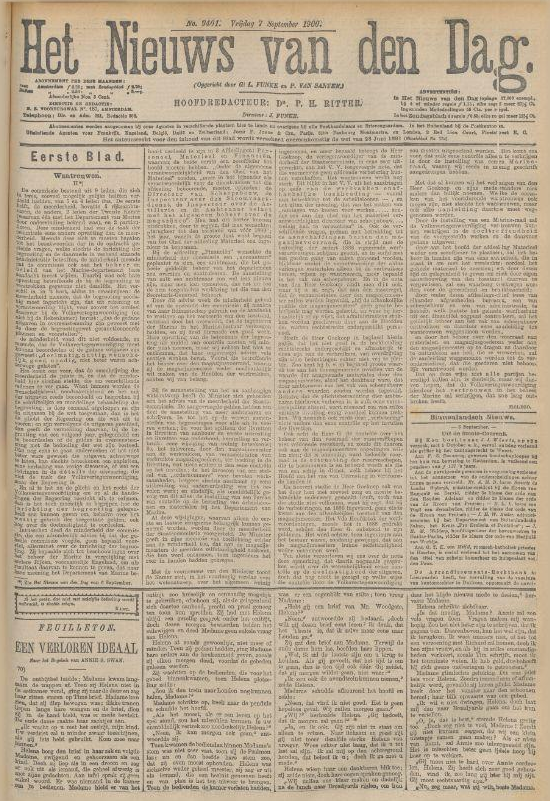
When I was in this town nearly a year I had saved up enough money to go to Amsterdam to visit my sister who had married the widower. When I was there they persuaded me to look for another job. He laid off for the day and together we went to different print shops, but without success. On the way home we passed the big office of “The News of the Day”, a big daily paper. My brother-in-law almost forced me to try my luck there. Without him I would not have done it. When I walked up the marble steps and opened the mahogany doors with highly polished brass hardware, I was afraid to even ask for work. But someone asked me who I was looking for and I said I was looking for “mijnheer” the head of the firm. I was shown in and the Lord must have opened the heart of that gentleman for he was kind to me and made me feel at ease and asked me several questions. When I told him I came from that orphan’s Home he became more interested in me and finally asked me if he could get a reference from my present employer. I told him he surely could and gave him the address of my present employer. I went back after a day or two to my place of work and told them about my experience and told them that if everything went well, I probably would leave in a couple of weeks. I had hoped to receive an offer for more pay, but my employer was undoubtedly afraid he would have to give them all more if he would raise my wages since I was the youngest of them. That had to be that way as the Lord had His purpose with it. Within a few days my employer threw a letter at me, which held the information, that I could start there at $7.20 guilders a week and if I deserved it they would raise my wages accordingly.
My present employers, wanting to keep me, said to me that is not any better than what you receive here for you will have to pay more for board in Amsterdam. But I said, but there I am with a sister again and will get more pay if worth it. This being united with my sister I had also given to “mijnheer” when I applied for work at “The News of the Day”.
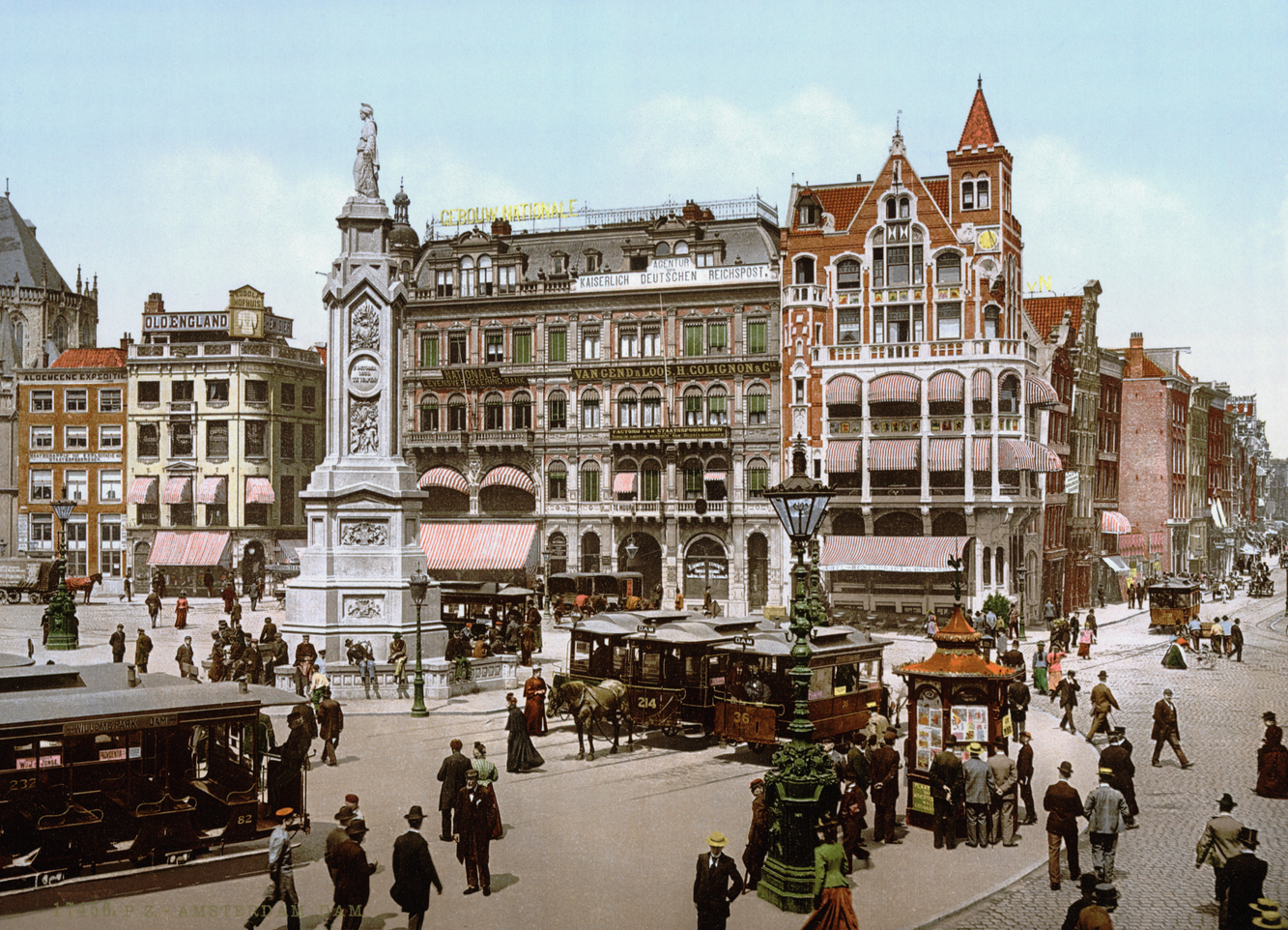
When the proper time arrived I said goodbye to all and left for the biggest city of the Netherlands, Amsterdam. The distances in the Netherlands are all short and it took at that time only five hours by train to go from the biggest city of Groningen to the capital of Holland. I liked the train ride very much but was also glad to arrive at my destination. We rejoiced to meet each other again and it was a matter of course that I would board with my sister although they had only a small home, what they called home, and it was out of the question that I could have a room by myself, instead I slept with their little son. They lived outside of the gate that used to be within the gates of ancient Amsterdam proper. The gates had long ago disappeared but then people were still used to saying outside this or that gate. As I mentioned before my sister married a widower with 3 children. Although he was a very skillful painter and decorator and received always a little higher wage than others, my sister confessed to me that it was very convenient to them to receive my weekly board money.
The first day I started to work in Amsterdam, I found out it took me a little better than half an hour to get there. The building had an elevator, but this was only for the use of freight and the employed had to climb the stairs. I worked at the 5th floor and had to go up 88 steps. The photographer and engravers were one floor higher and had to go up 22 more steps. Yes, we counted the steps many times. Especially the older men knew what it meant. The presses were in the basement and at that time already operated on the same principle as the highly developed rotary presses of today, so that the papers would come out all printed and folded, ready to be delivered.
Instead of working on the news of the day as I thought I would, they gave me work on a monthly magazine. This paper in book form was mainly read by educated people, or at least those that were able to read not only the Netherlands language, but also what they then called the modern languages, as French, German and English. I enjoyed doing this work as it increased my general knowledge and gave me a wider view as to what was happening in different spheres of life.
Once a month we had to set an article giving a serious or dramatic art. When the copy holder gave me a part of it, he smiled and said, see how you like it. Well, well, well, I never before or ever after handled such poorly written copy. Even the older compositors or typesetters did not like it although they were used to it. It took all of us fully twice as much time to do this kind of copy. Our days were long. We started at 6:00 in the morning, with an hour off for lunch and got through at 6:00 in the evening. Adding to this at least ½ hour each in the morning and evenings and the 88 steps up and down, we were glad at last to sit down and eat our supper. Yet we were as well content at that time as later when we worked only 8 hours a day. After I was there 6 weeks my wages were raised to 9.90 a week or 3.70 more than I received in the other city.

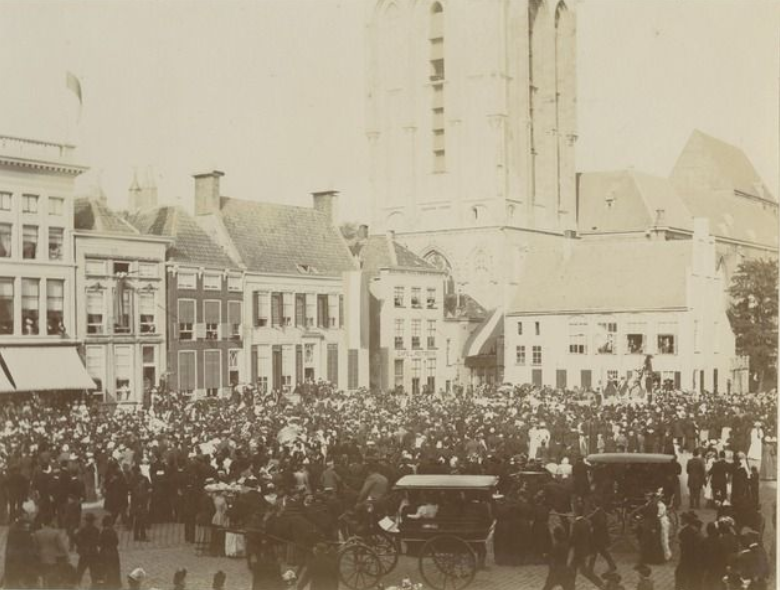

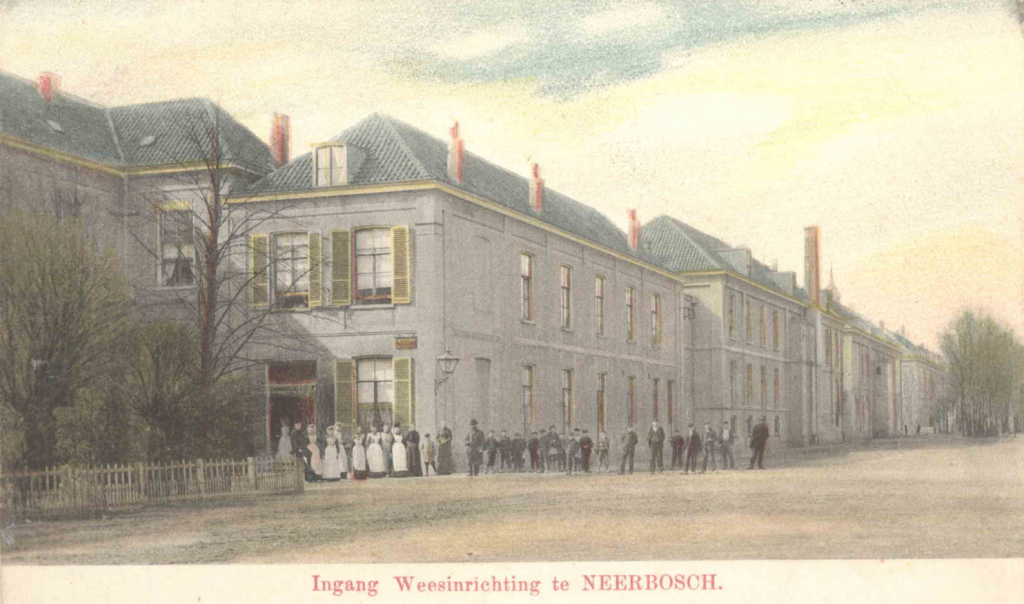
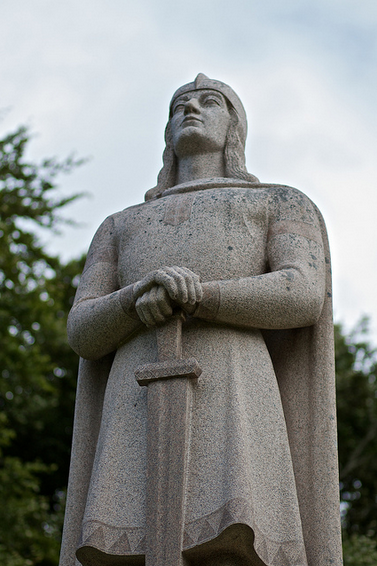

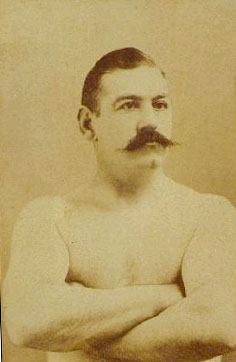

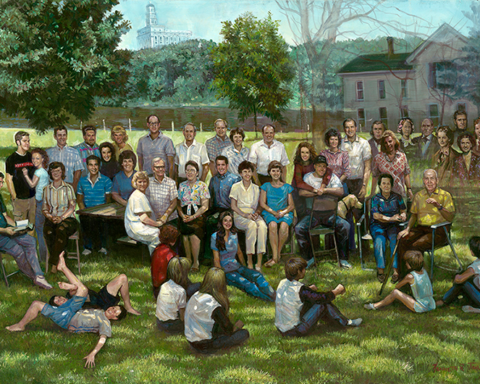

5